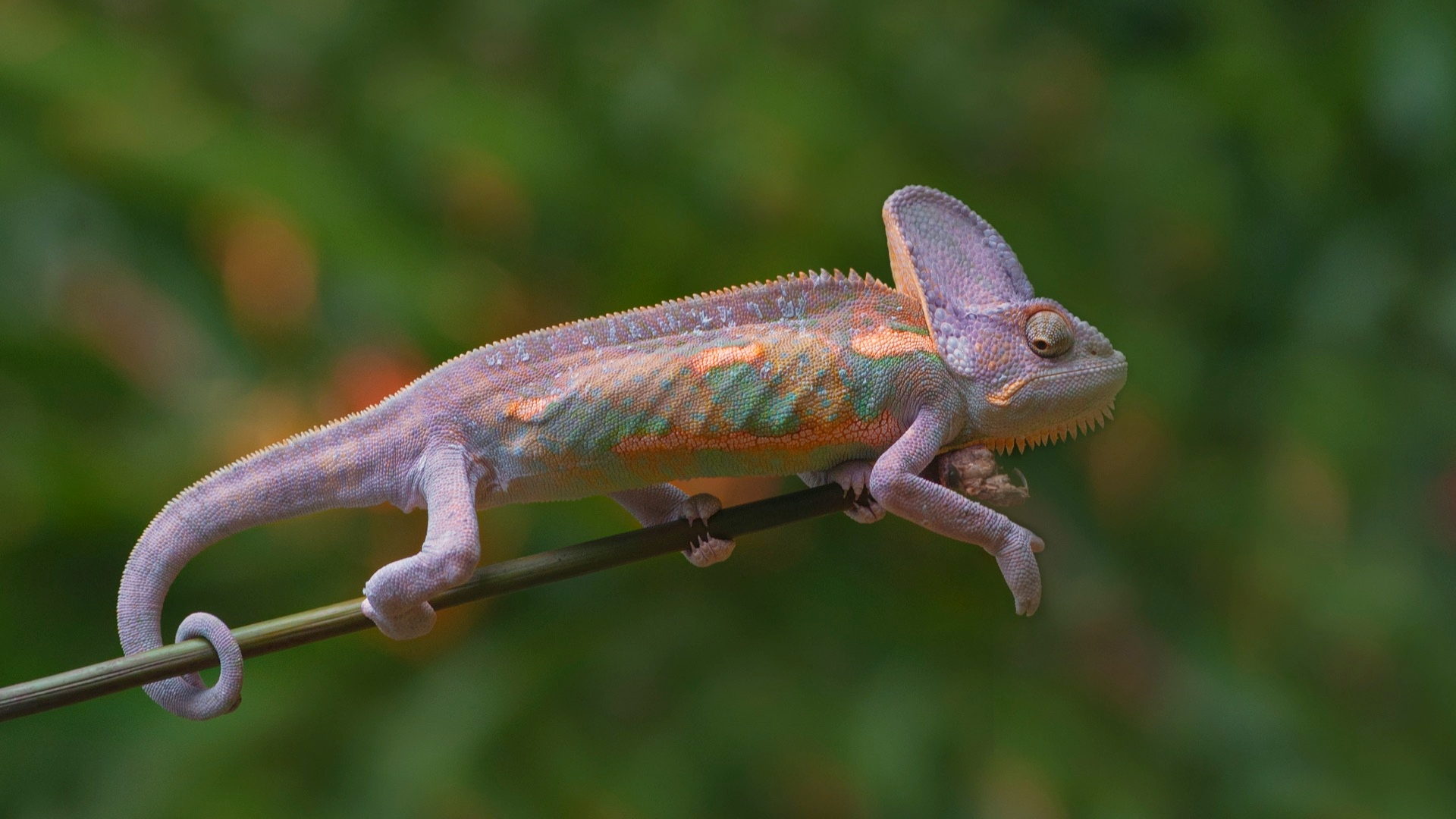Reptile:
The tag "reptile" relates to: amphibian, enclosure interaction, gentle handling, handling, health, pet adoption, pets, reptile pet, socialization, and species-specific needs. For more tags, view our complete tag index.
The following blog entries have been tagged "reptile".
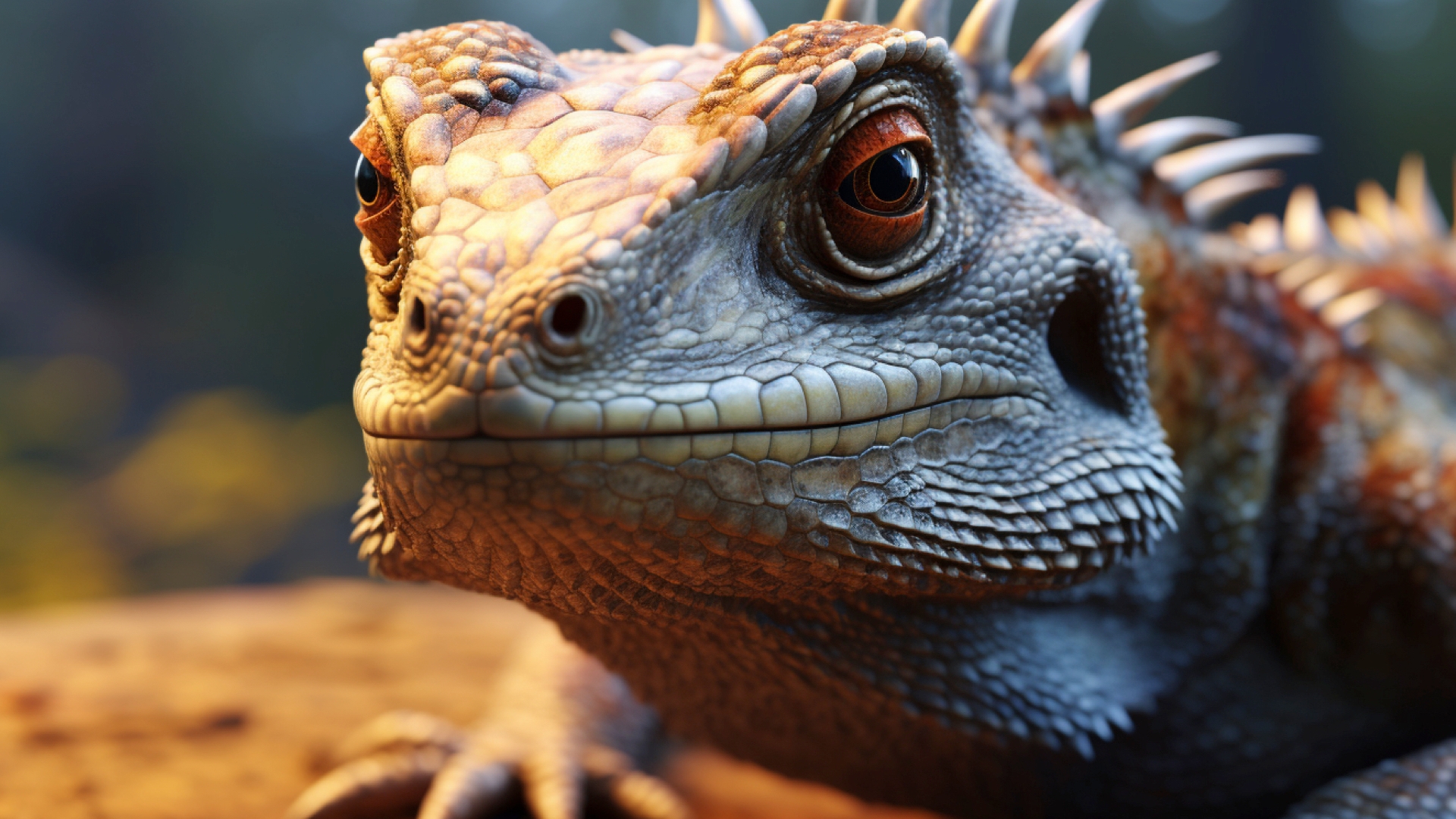
Handling and socializing with your reptile pet is crucial for their health and happiness. It's important to understand their species-specific needs for proper care. Initial socialization can be achieved by spending time near their enclosure and feeding them, thereby building positive associations. Handling must be done gently and with clean hands to prevent bacterial infections. Starting early, demonstrating patience, using positive reinforcement, and avoiding handling during shedding or stress periods are best practices for a well-adjusted reptile pet.
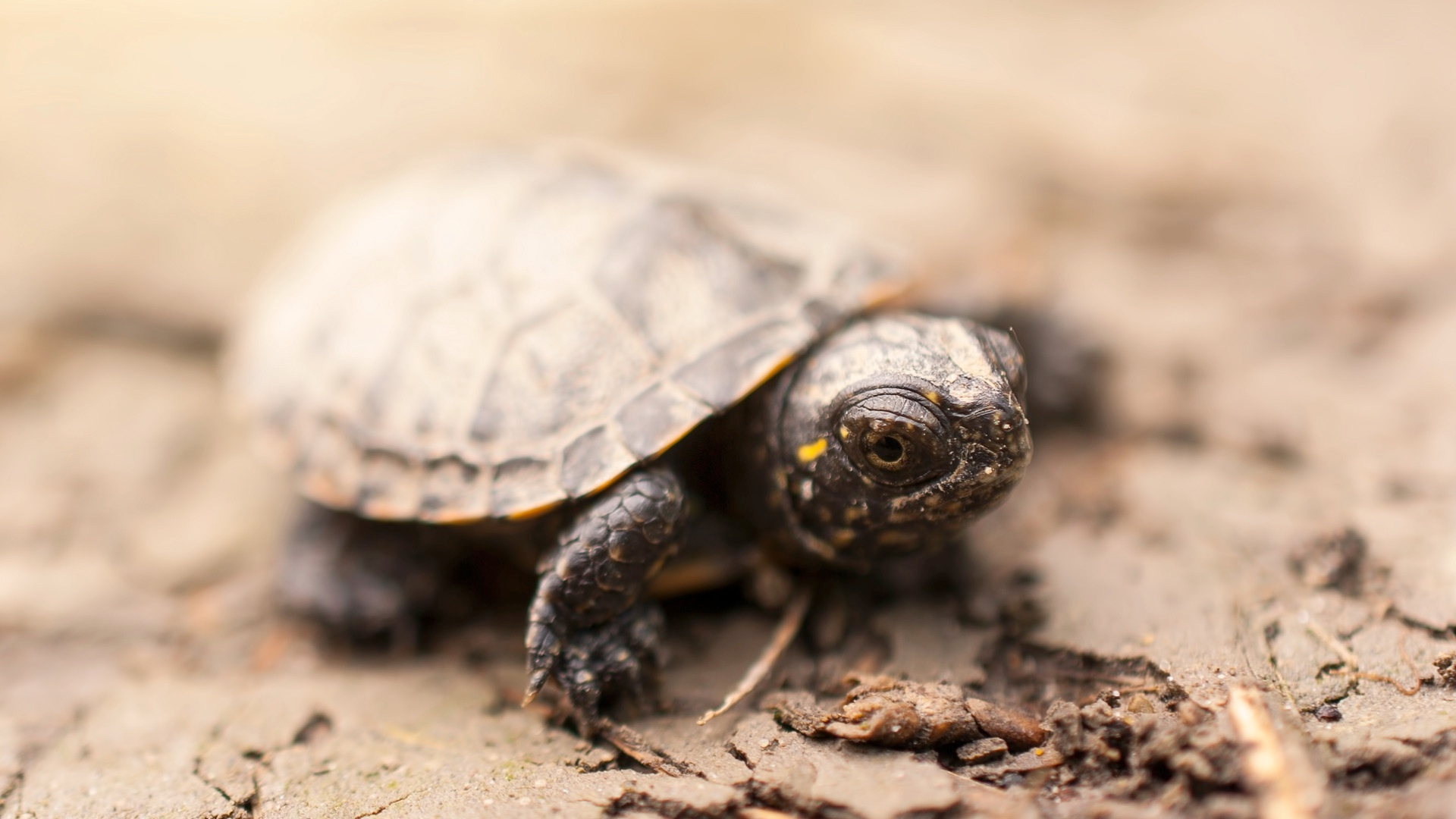
The CDC investigates many Salmonella outbreaks linked to pet reptiles. Among these outbreaks, tiny turtles have caused the most illnesses. In fact, the sale of tiny pet turtles has been banned in the US since 1975 because of the number of illnesses they cause and the risk to children. Although any turtle can carry germs, tiny turtles are especially risky because children are more likely to handle them and get sick.
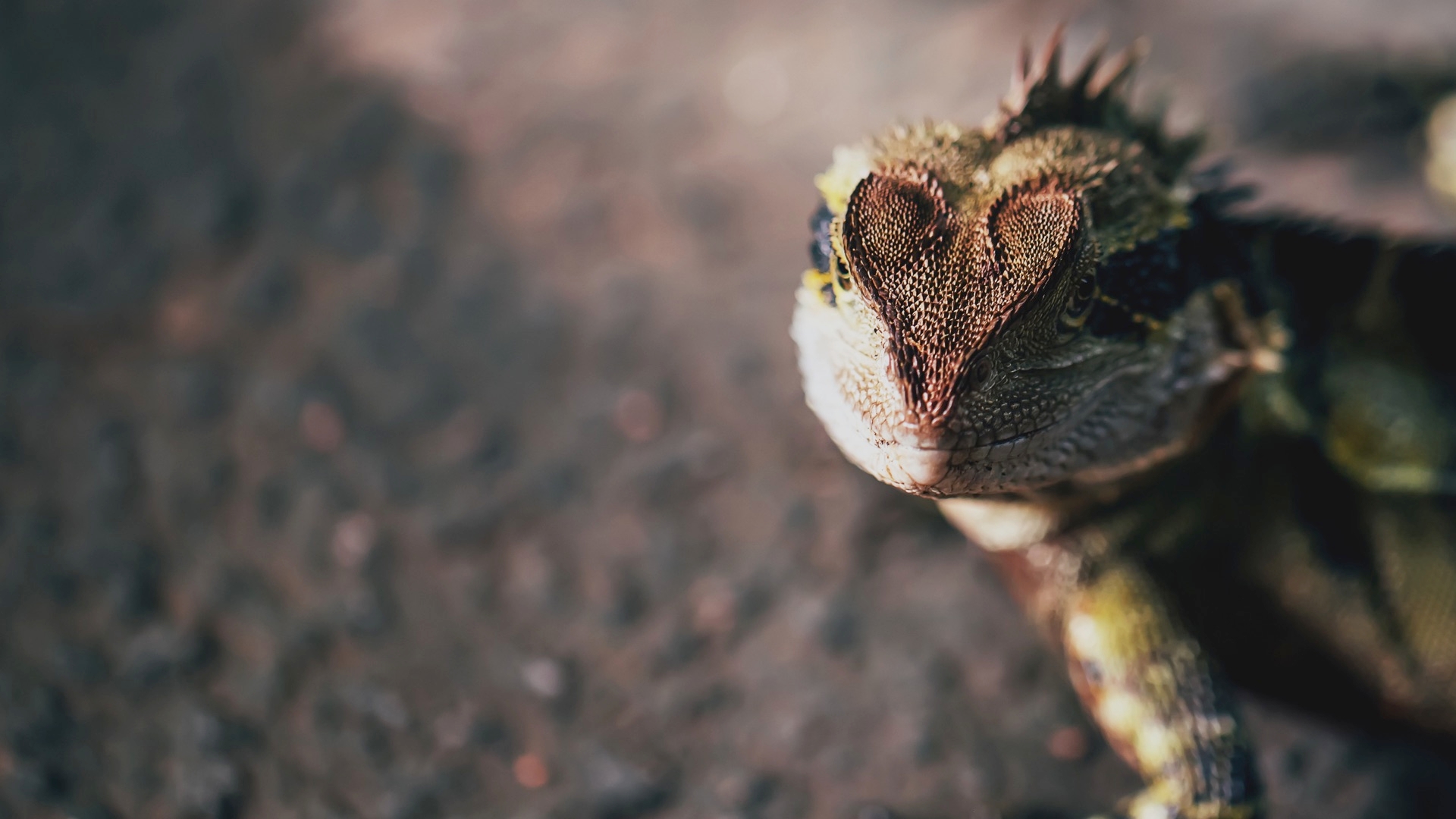
Millions of households in the United States own at least one reptile (like a turtle, lizard, or snake) or amphibian (like a frog, salamander, or caecilian). Although reptiles and amphibians can make interesting and entertaining pets, it's important to be aware that they sometimes carry germs that can make people sick.
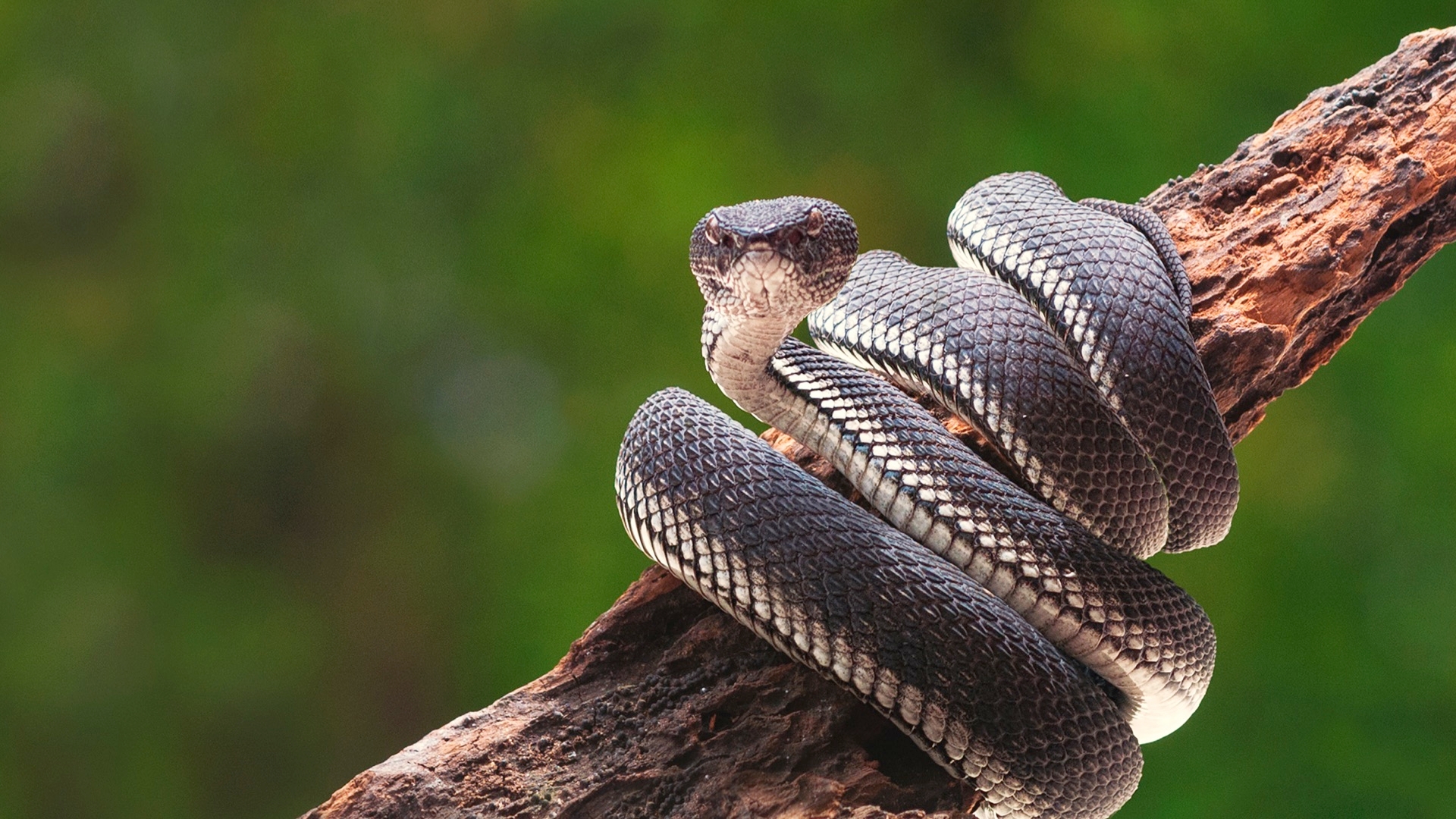
The CDC does not recommend keeping venomous animals as pets or in household settings. While that seems like commonsense, there are still people who disagree. If you are keeping a venomous animal then it's important you understand the risks, and how to respond if you are bitten or get venom on your skin.
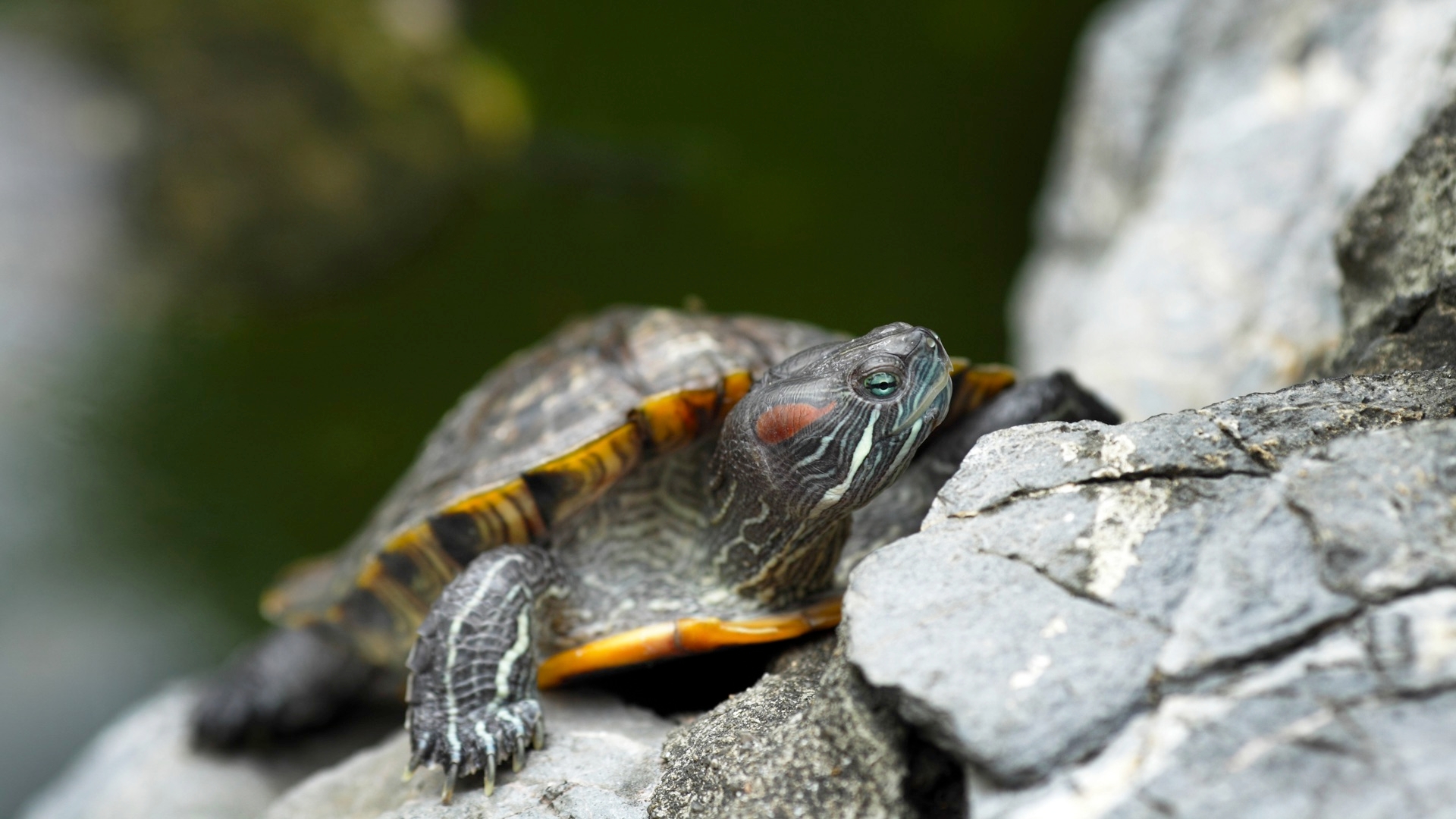
Turtles commonly carry the Salmonella bacteria on their outer skin and shell surfaces. Reptiles like bearded dragons and geckos can also infect people with Salmonella. These little glassy-eyed creatures may look cute and harmless, but small turtles and reptiles like bearded dragons and geckos can make people very ill.
